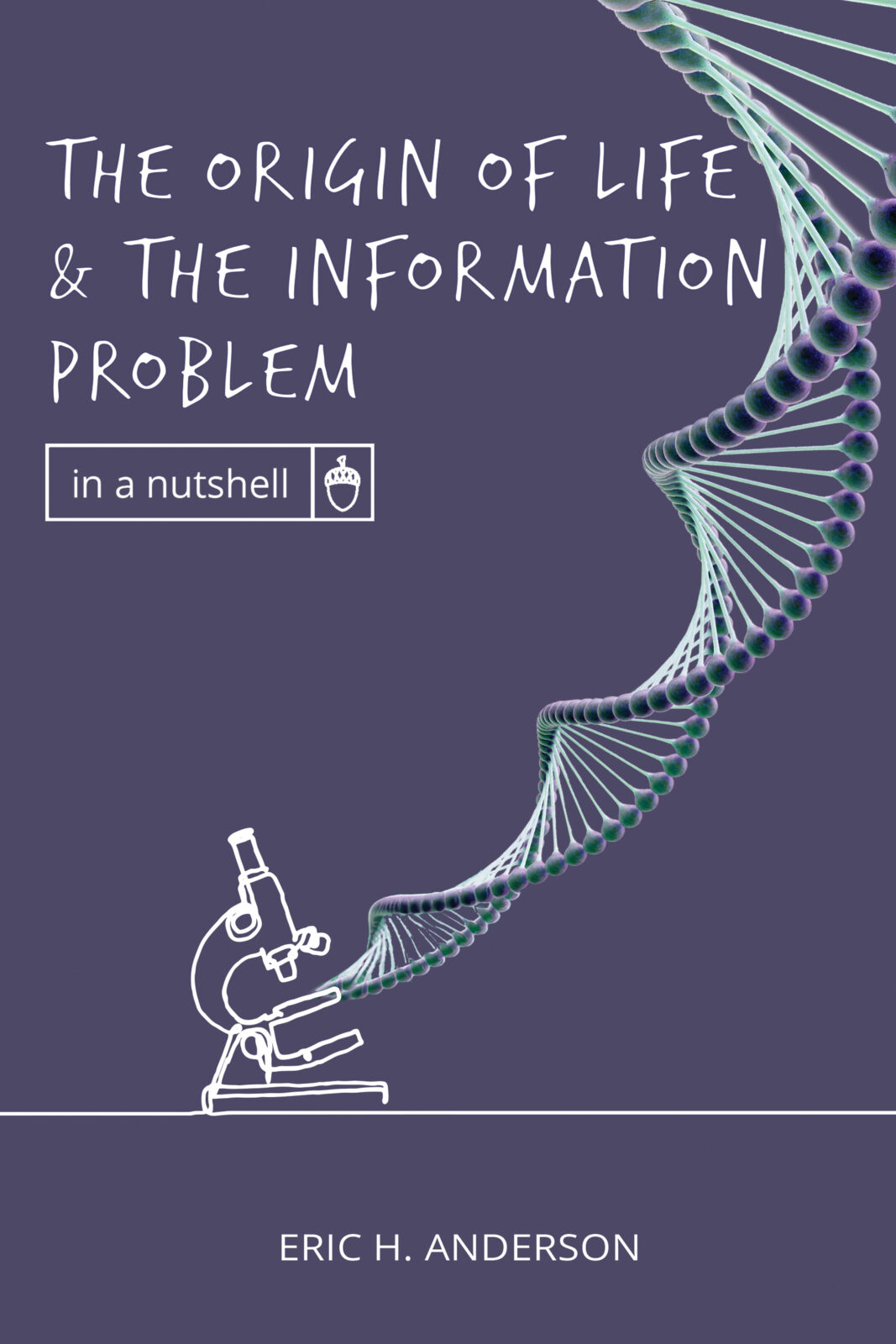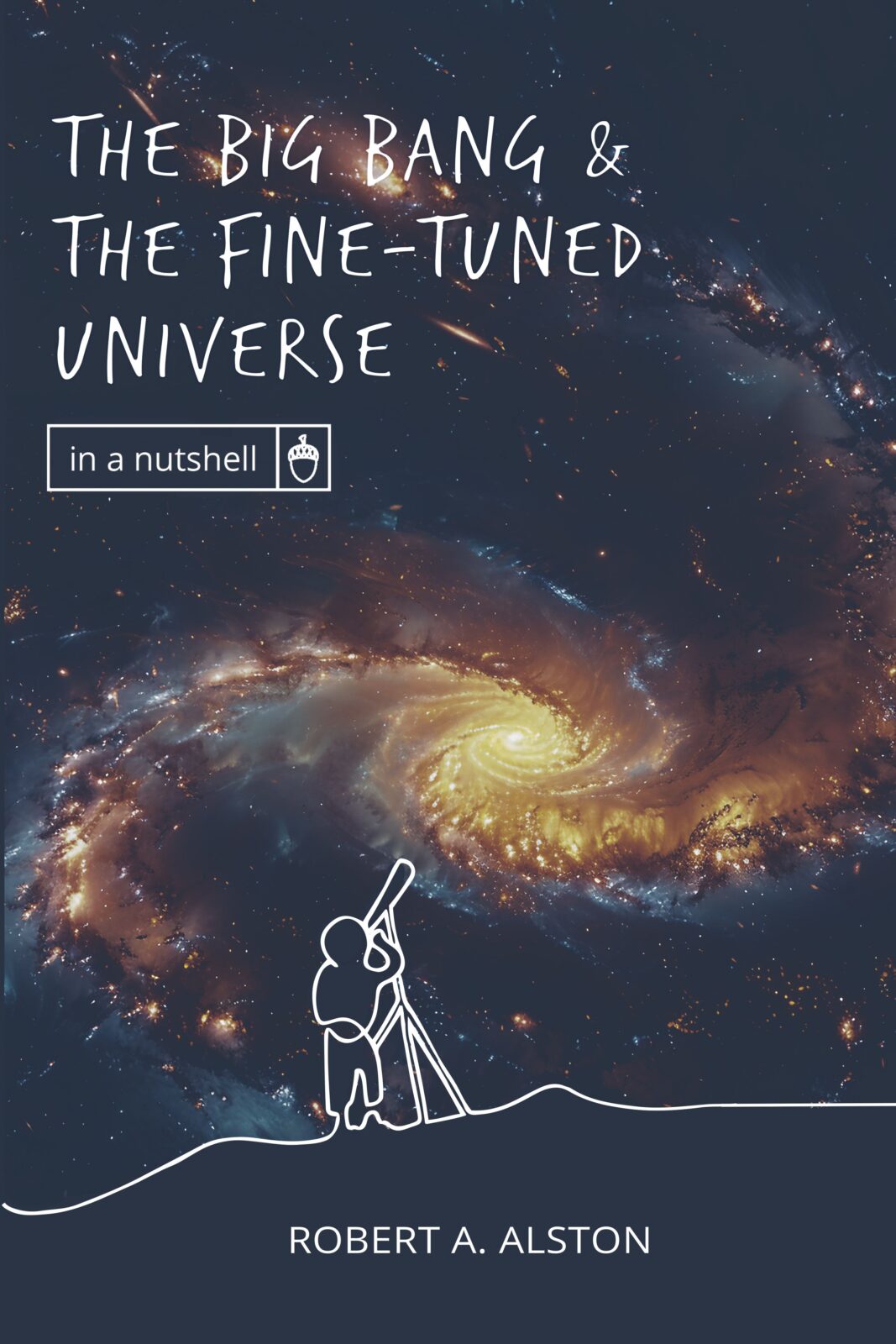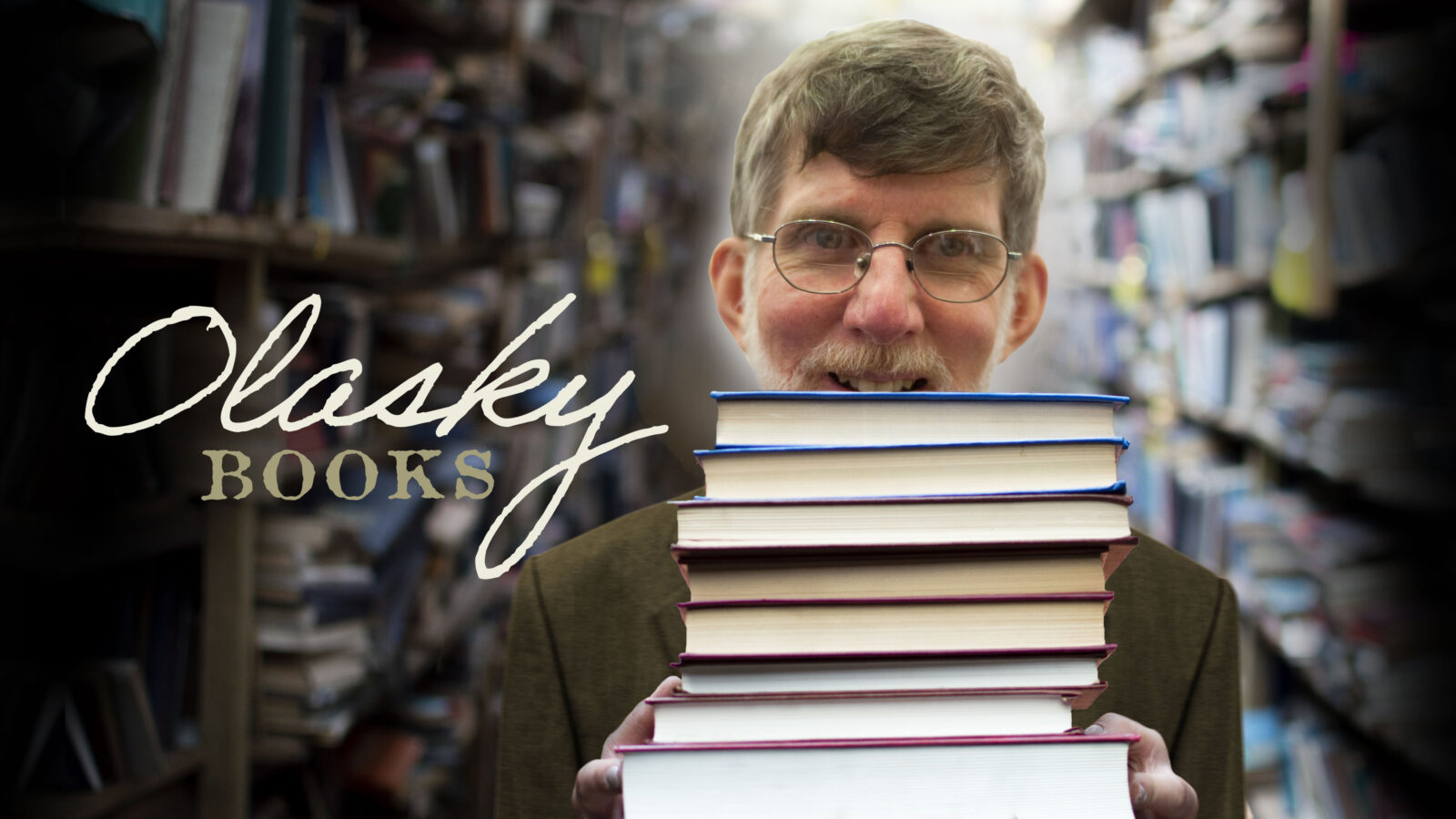
The Origin of Life and the Information Problem
The realization in the twentieth century that even the simplest cells are packed with software tells us something profound about the origin of life. Design theorist and computer programmer Eric Anderson relates the exciting history of the discovery of DNA and shows how the dance of this digital information in each of our cells points insistently away from blind evolution. Read More ›








